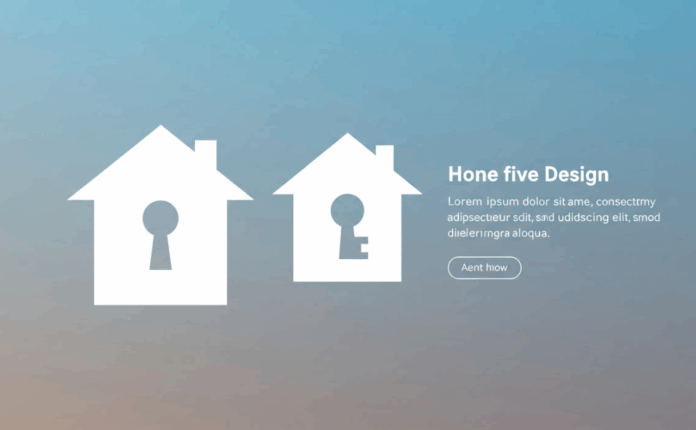Introduction
Thinking about a mortgage with Wells Fargo? This comprehensive guide will walk you through everything you need to know, from the application process to understanding your options. We’ll cover key aspects to help you make an informed decision.
Understanding Wells Fargo Mortgage Products
Wells Fargo offers a variety of mortgage products to suit different needs and financial situations. These include conventional loans, FHA loans, VA loans, and jumbo loans. Understanding the nuances of each is crucial. You can explore their specific offerings on their official website to find the best fit for your circumstances. For example, understanding the difference between a fixed-rate and adjustable-rate mortgage is important. Learn more about interest rates and loan terms in the next section.
Interest Rates and Loan Terms
Current interest rates play a major role in your monthly payments and overall cost. It’s wise to shop around and compare rates from different lenders. While Wells Fargo often provides competitive rates, it’s beneficial to utilize online mortgage calculators and compare them to those offered by other institutions. Remember, loan terms directly impact your monthly payments; longer terms mean lower monthly payments but higher total interest paid.

The Application Process
The application process involves several steps, including pre-qualification, providing necessary documentation (such as proof of income and credit history), and appraisal. Make sure to gather all required documents in advance to expedite the process. Be prepared for a thorough review of your financial history. For assistance with the application, consider reaching out to a Wells Fargo mortgage specialist. Learn more about pre-approval here.
Closing Costs and Fees
Understand that closing costs can be significant. These costs, which are typically paid at closing, include items like appraisal fees, title insurance, and lender fees. It’s essential to budget accordingly and factor these additional expenses into your overall cost calculation. Sometimes, you can negotiate some of these costs with your lender. Check this helpful resource for a detailed breakdown.
Mortgage Insurance
Depending on your down payment and loan type, you may be required to pay for mortgage insurance (PMI). This protects the lender in case you default on the loan. The requirement for PMI and its duration varies; learn more about understanding mortgage insurance requirements.
Refinancing Your Mortgage
If you’ve already got a Wells Fargo mortgage, you might want to consider refinancing. Refinancing allows you to potentially lower your interest rate, shorten your loan term, or change your loan type. However, it’s vital to weigh the costs and benefits before deciding if refinancing is right for you. Make sure you fully understand the process and potential financial impact.
Customer Service and Support
Wells Fargo provides various channels for customer service and support. You can reach them via phone, online, or in person at a branch. Having access to reliable support is crucial throughout your mortgage journey, whether it’s during the application process, after closing, or if you need to explore your refinancing options.
Conclusion
Choosing a mortgage is a big decision, and understanding Wells Fargo’s offerings and the broader mortgage landscape is key. By carefully weighing your options and planning thoroughly, you can navigate the process confidently and find a suitable mortgage that aligns with your financial goals.
Frequently Asked Questions
What credit score is needed for a Wells Fargo mortgage? While there’s no magic number, a higher credit score generally leads to better interest rates and terms.
What documents do I need for the application? You’ll typically need proof of income, employment history, tax returns, and bank statements.
Can I prepay my mortgage without penalty? Some Wells Fargo mortgages permit prepayment without penalty. Consult your specific loan agreement.
What are the common reasons for mortgage denials? Common reasons include insufficient income, poor credit history, or high debt-to-income ratio.
How long does the whole process take? The entire process can vary, but it generally takes several weeks to several months, from application to closing.



